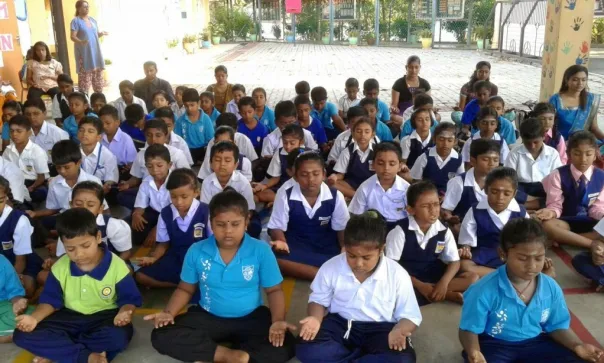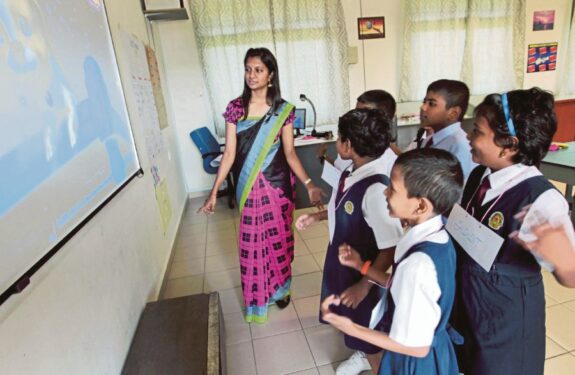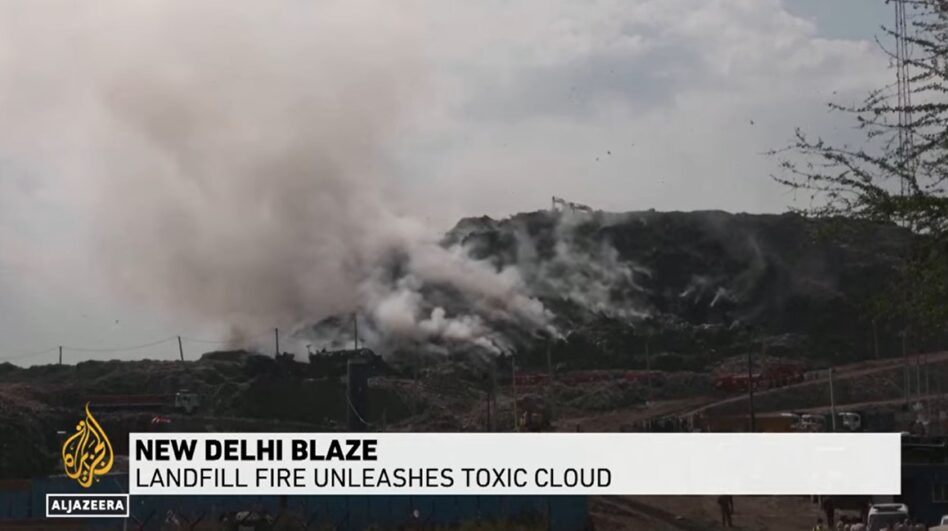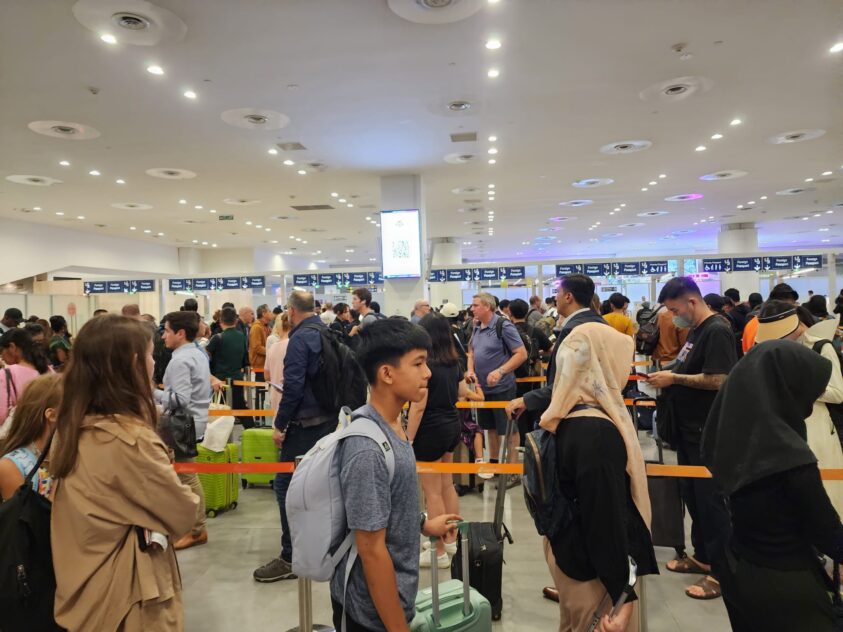NOT only are vernacular schools slowly being reduced in number in the country but to make things worse, the Government is no longer encouraging replacement schools anymore.
In this sense, a replacement school refers the transfer of an about-to-be-closed-down school’s license to a different location, and a good example of this is the case of Sekolah Jenis Kebangsaan (Tamil) Ladang Badenoch in Kuala Ketil, Kedah.

One reason why vernacular schools in the country are dwindling in numbers is due to the attitude of the federal government in not allowing the establishment of new vernacular schools or even the transferring of existing licences to other schools.
Over the last few decades only a handful of vernacular schools have been established with some of them being the transfer of licences of schools that were closed down to be replaced with schools in areas of high enrolment.
Theoretically, if schools are being closed down due to the lack of enrolment, there is a possibility that licences of these schools can be transferred to areas where there is demand for vernacular education.
In fact, data on student enrolment have indicated that Chinese and Indian parents prefer to send their children to vernacular schools as opposed to national schools.
Despite the fact that it is difficult to establish new vernacular schools, there is a possibility that licences of existing schools can be transferred to create replacement schools in other areas.
I understand that the licences of some Chinese schools with low enrolment have been transferred to create replacement schools. In this respect, these are replacement schools and not new schools.
However, I am not sure whether any replacement schools have been established for Tamil vernacular education.
After more than 60 years of independence, the number of Tamil schools have been gradually reduced in the country. Many years ago, there were more than 1,000 Tamil schools, but today there are slightly more than 500 schools left.
The sales of plantations, the movement of the Tamil population from rural to urban areas and the priority given to national schools have negatively impacted the increase of Tamil schools.
In contrast, the impact on Chinese vernacular education has been less severe because of the location of schools in urban areas.
The cultural and educational attachment of the Chinese community to vernacular education is an important factor in the survival and academic excellence of Chinese vernacular education.
The case of Sekolah Jenis Kebangsaan (Tamil) Ladang Badenoch in Kuala Ketil, Kedah provides an interesting example of how the simple and straightforward transfer of this school to Penang can be complicated.
In 2021, given the low enrolment of two students, the parents-teachers association had decided to save the school by transferring the school’s license to another school in a different area.
Subsequently, with the consent of the local education office and the state education department a school board (LPS) was formed to effect the transfer of the licence.
Given the high demand for a Tamil school in Bagan, Penang, the Penang state government was approached for a piece of land.
After consulting with the land office, the Penang state government went ahead to provide a four-acre piece of land in Bagan.
Armed with this information, the board members sought the approval of the Education Ministry (MOE) for the transfer of the licence to establish a replacement school for of Sekolah Jenis Kebangsaan (Tamil) Ladang Badenoch in Penang.
In the beginning, the ministry’s planning and research department unit (EPRD) was favourable to the idea of the transfer of the license for a replacement school in Penang.
However, in another follow-up meeting with officials from the Education Department and District Education Office in Kedah, the officials of the planning division changed their tune.
In fact, they chided the Kedah education department officials for asking the school to form the board in the first place to effect the transfer.
Whether the MOE had received any feedback from the Education Department in Penang remains to be seen.
The Indian community would want to hear from MOE as to why it is dragging its feet in the establishment of a replacement school for of Sekolah Jenis Kebangsaan (Tamil) Ladang Badenoch in Penang.
The establishment of a completely a new school might be complicated and time-consuming but the same cannot be said for a replacement school, especially one that might be closed down.
The Penang state government has already set aside four acres of land for the replacement Tamil school in Bagan Dalam.

The Bagan parliamentary constituency has a large Indian population that can support three Tamil schools.
The existing Sekolah Jenis Kebangsaan (T) Mak Mandin in this constituency has a student population of nearly 1,000 students.
I hope that the Penang State Education Department can support the initiative of the Indian community for the establishment of a replacement school in Bagan Dalam.
MOE should be fully apprised as to why Indians in this parliamentary constituency are badly in need of a Tamil school.
After all, they are not asking for a new Tamil school but merely to transfer the licence from the Tamil school in Kedah to the one in Penang.
The community is prepared to raise the necessary funds for building the school in the approval is given.
Therefore, ball is now in MOE’s court and hopefully, the Indian community won’t be in for another major disappointment. – Sept 30, 2022
Prof Ramasamy Palanisamy is the state assemblyperson for Perai. He is also deputy chief minister II of Penang.
The views expressed are solely of the author and do not necessarily reflect those of Focus Malaysia.










